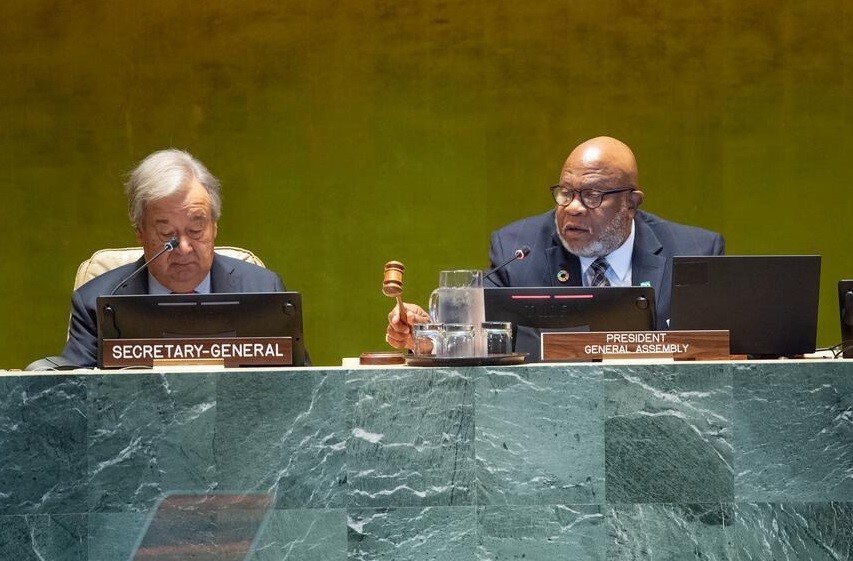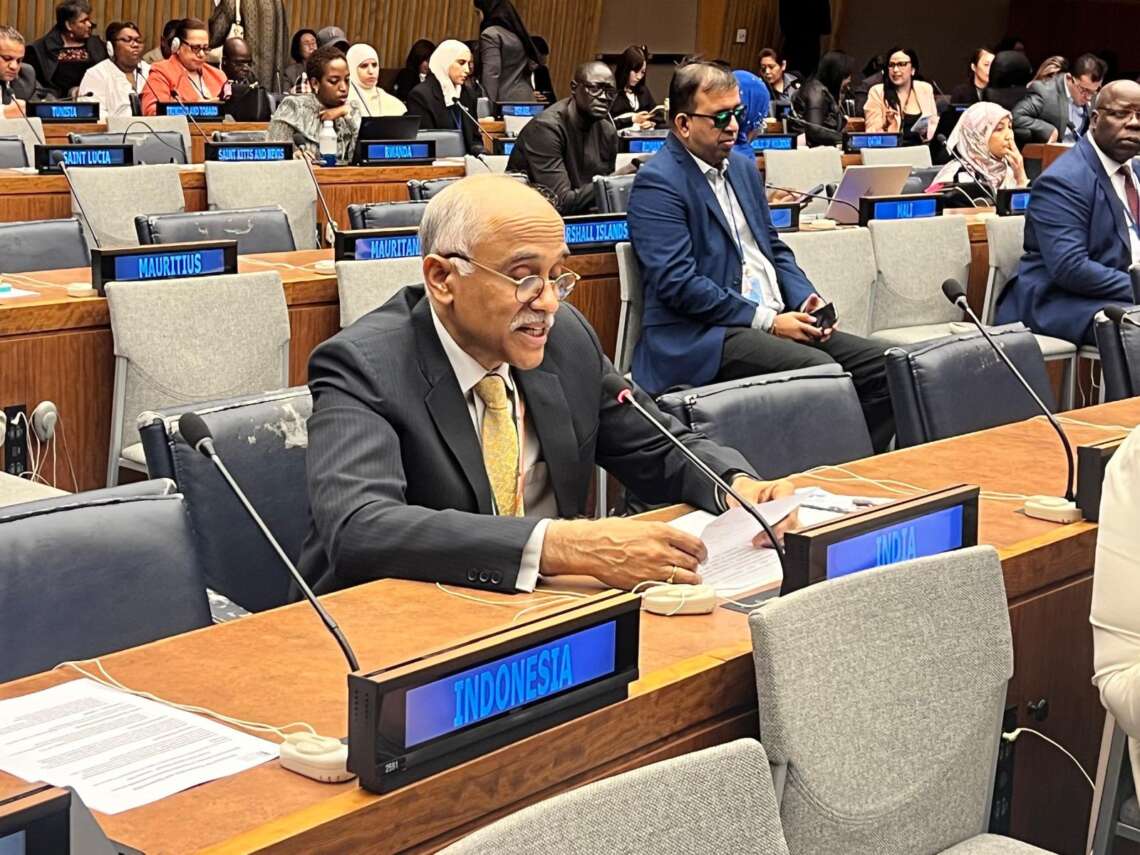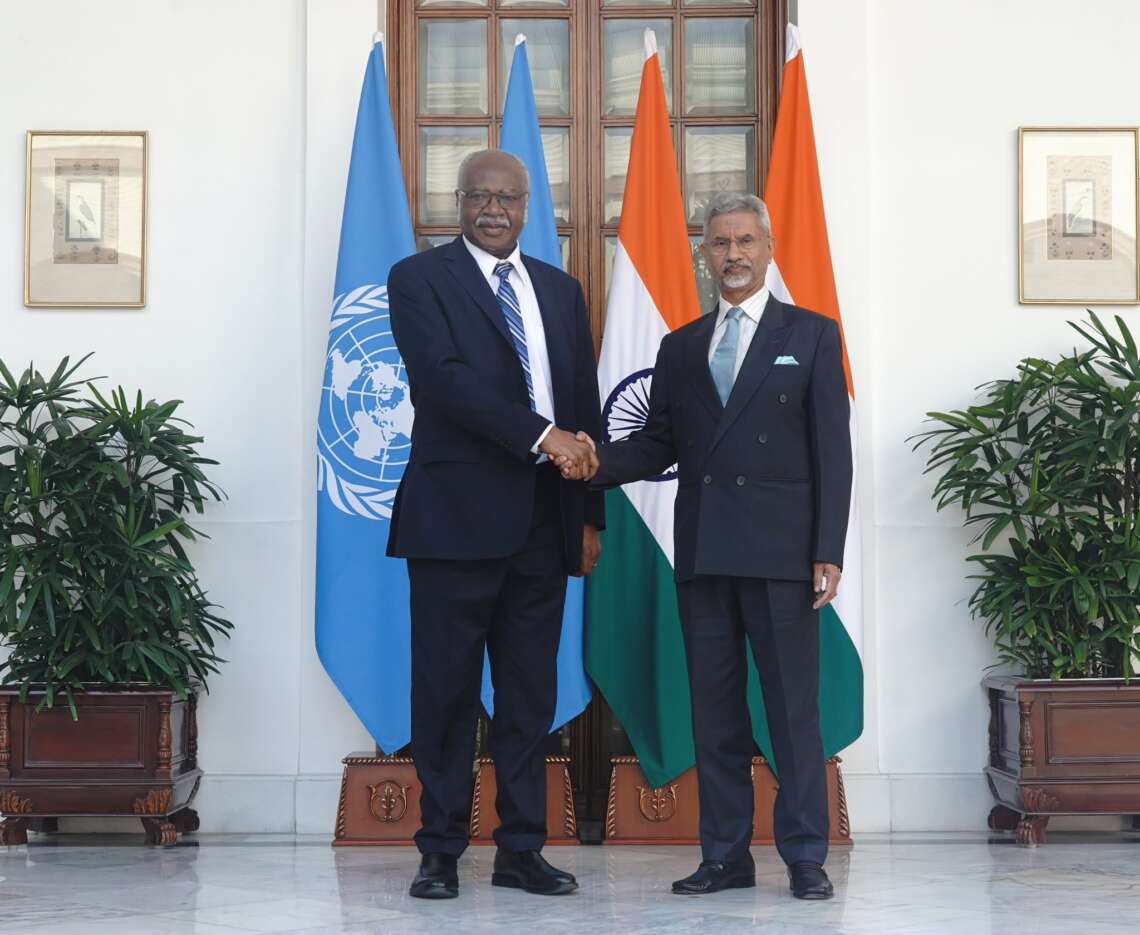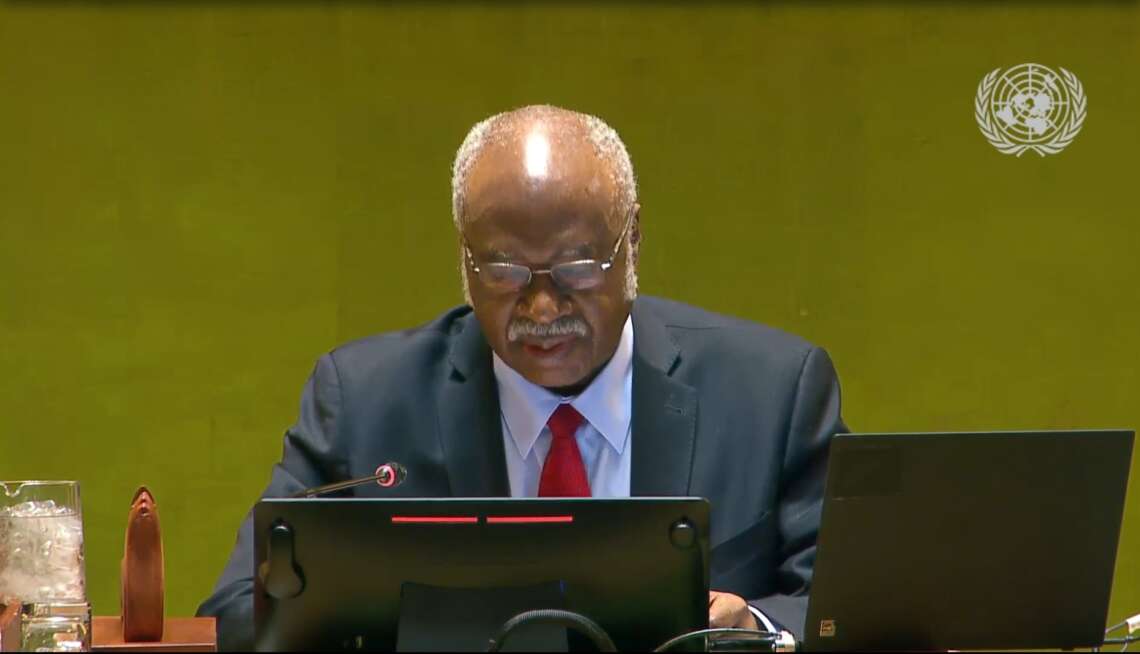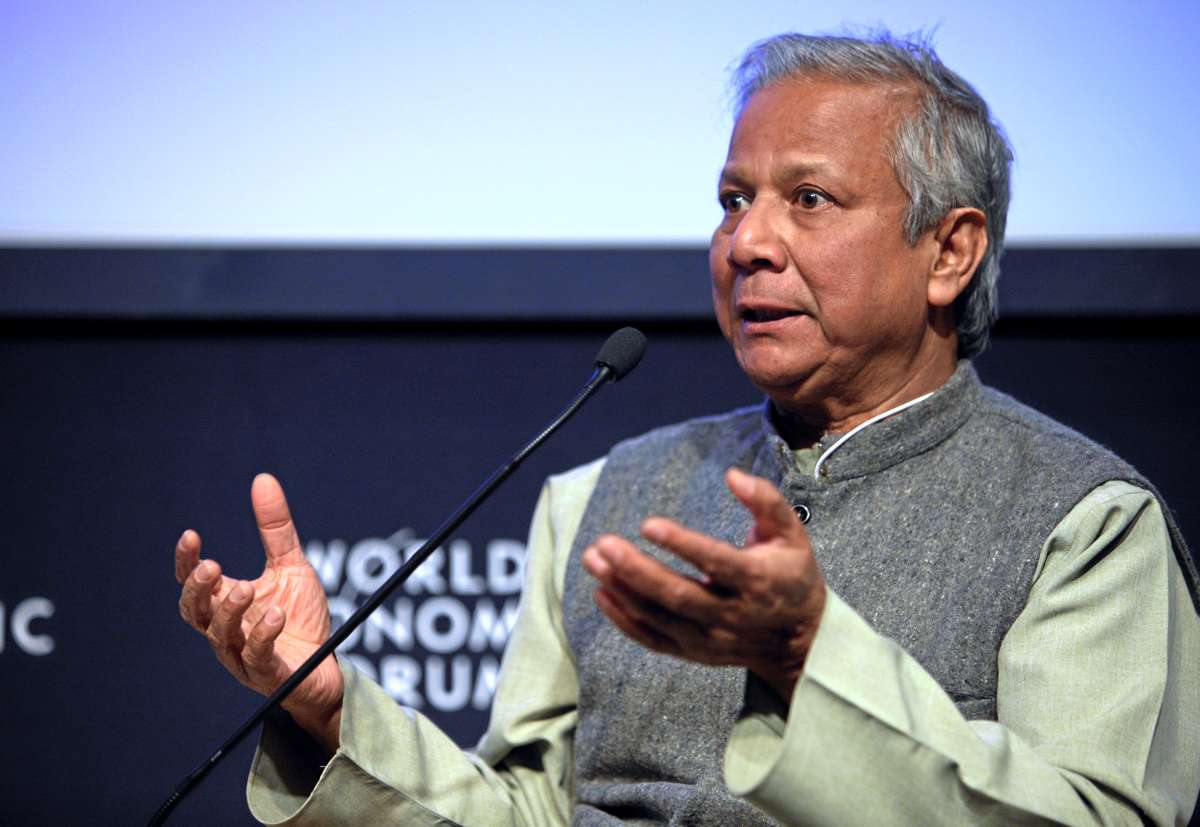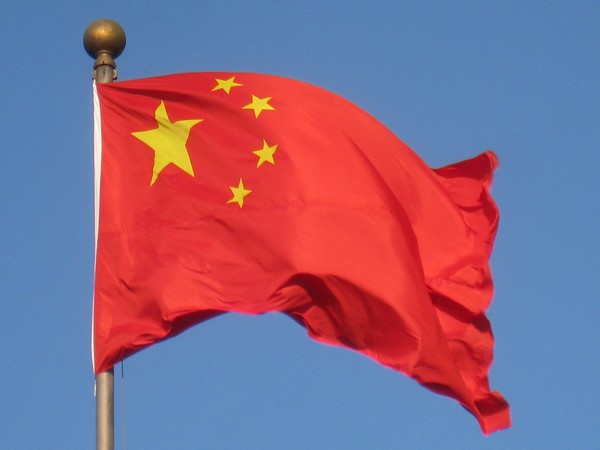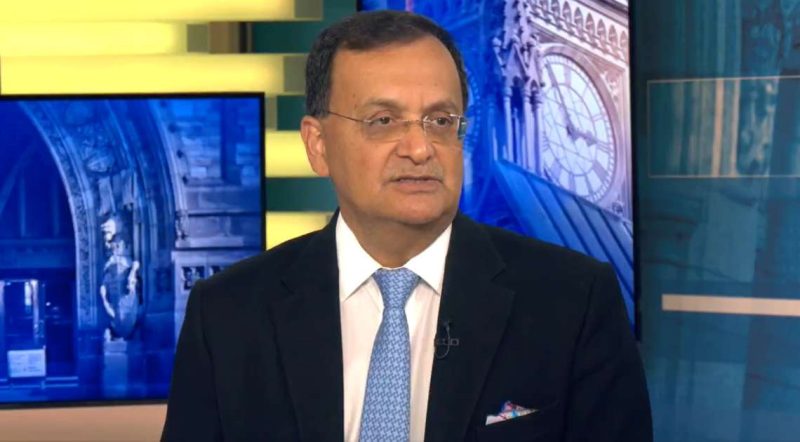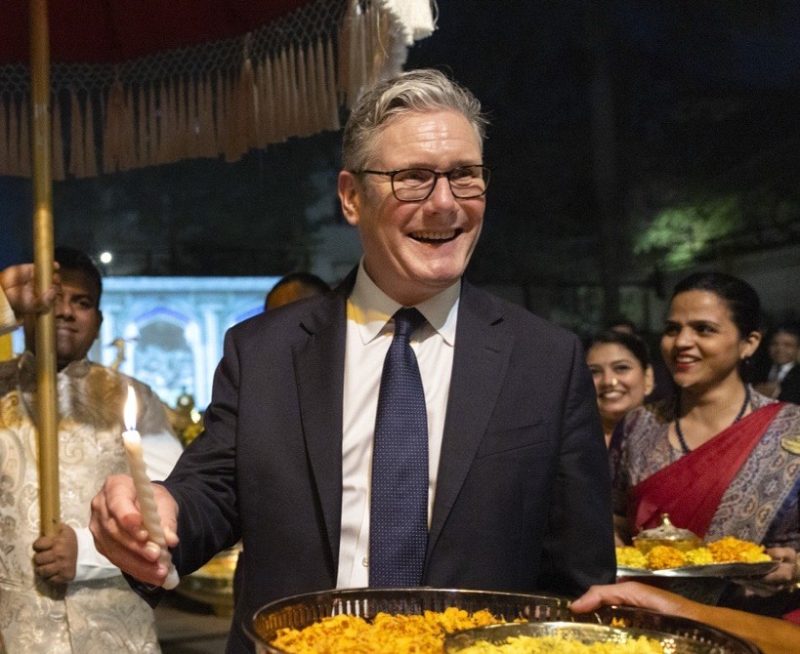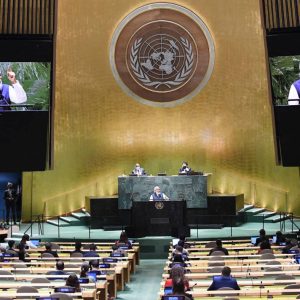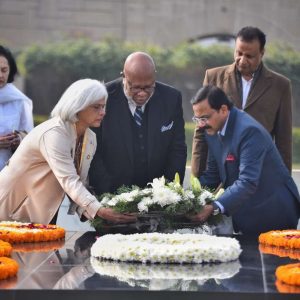Guterres said he is encouraged by the detailed draft political declaration, especially its commitment to improving developing countries access to fuel required for SDG progress…reports Asian Lite News
World leaders on Monday adopted a landmark political declaration here to accelerate action on implementing the 17 Sustainable Development Goals (SDGs) while voicing alarm that progress on most of these targets is moving much too slowly or has regressed below the 2015 baseline when they were first announced.
The high-level 78th session of the United Nations General Assembly began Monday with the 2023 SDG Summit that reviewed the implementation of the 2030 Agenda and its 17 Sustainable Development Goals (SDGs).
It provided high-level political guidance on transformative and accelerated actions leading up to the target year of 2030 for achieving the Goals, the UN said.
Convened by President of the General Assembly Dennis Francis, the Summit will mark the halfway point to the deadline set for achieving the 2030 Agenda and the Sustainable Development Goals.
The high-level political forum on sustainable development convened under the auspices of the General Assembly adopted the political declaration, in which world leaders reaffirmed their commitment to effectively implement the 2030 Agenda and its SDGs and uphold all principles enshrined in it.
“The 2030 Agenda remains our overarching roadmap for achieving sustainable development and overcoming the multiple crises we face. We will act with urgency to realise its vision as a plan of action for people, planet, prosperity, peace and partnership, leaving no one behind. We will endeavour to reach the furthest behind first.” UN Secretary-General Antonio Guterres, addressing the summit, said that eight years ago in 2015, member states gathered in the General Assembly Hall to adopt the Sustainable Development Goals.
“With the world watching — including 193 young people in the balcony holding blue lamps of hope — you made a solemn promise. A promise to build a world of health, progress and opportunity for all. A promise to leave no one behind.” Guterres said the SDGs are not just a list of goals but carry the hopes, dreams, rights and expectations of people everywhere. They provide the surest path to living up to our obligations under the Universal Declaration of Human Rights, now in its 75th year.
“Yet today, only 15 per cent of the targets are on track and many are going in reverse. Instead of leaving no one behind, we risk leaving the SDGs behind,” he said.
Underscoring that the SDGs need a global rescue plan, Guterres said he is encouraged by the detailed and wide-ranging draft political declaration, especially its commitment to improving developing countries’ access to the fuel required for SDG progress: finance.
In the political declaration, the heads of State and Government voiced concern that the achievement of the SDGs is in peril.
“At the midpoint of the 2030 Agenda, we are alarmed that the progress on most of the SDGs is either moving much too slowly or has regressed below the 2015 baseline. Our world is currently facing numerous crises.” The declaration noted that years of sustainable development gains are being reversed. Millions of people have fallen into poverty, hunger and malnutrition are becoming more prevalent, humanitarian needs are rising, and the impacts of climate change more pronounced.
This has led to increased inequality exacerbated by weakened international solidarity and a shortfall of trust to jointly overcome these crises.
“We commit to bold, ambitious, accelerated, just and transformative actions, anchored in international solidarity and effective cooperation at all levels. We will promote a systemic shift towards a more inclusive, just, peaceful, resilient and sustainable world for people and planet, for present and future generations,” the political declaration said.
Guterres seeks $500 bn funds
UN Secretary-General Antonio Guterres on Monday renewed his call for the reform of the “outdated, dysfunctional and unfair” World Bank and the International Monetary Fund (IMF) and for a $500 billion stimulus fund for the world organisation’s Sustainable Development Goals (SDGs).
Speaking at the opening of the SDG Summit, Guterres said that in the dark global scenario of “people crushed under the grinding wheels of poverty”, climate change and conflict, the SDGs “carry the hopes, dreams, rights and expectations of people everywhere”.
The faltering SDGs — the 17 lofty goals hoping to cure the world’s ills from poverty and hunger to climate change and inequality, while bringing about peace and justice by 2030 –“need a global rescue plan”, he said.
The SDG Summit is being held at the mid-way point between the adoptions of the goals in 2015 and the 2030 deadline to reach them in order to evaluate progress and recharge commitments to them.
Guterres said he was calling for “a new Bretton Woods moment, and the development of practical solutions” by next September when he is convening a “Summit of the Future”.
The conference held at Bretton Woods in the US in 1944 established the World Bank and the IMF and set up the foundations of the international monetary system — some of which have atrophied — in the aftermath of World War II and reflecting the power structure of the period.
Guteress’ calls are embedded in the draft of a political declaration that the summit is expected to adopt.
The reform of the multilateral banking system and aid agencies as well as increasing funding for development in a world devastated by the Covid pandemic and the Ukraine war is a rallying cry of the Global South.
General Assembly President Dennis Francis said, “I challenge you all to demonstrate emboldened leadership by using this Summit to announce groundbreaking commitments to support and to complete the 2030 [SDG] Agenda,” which he called “a true blueprint for humanity”.
Recharging the SDGs will bring “a sense of confidence that UN-led multilateralism delivers”, he added. Francis warned that despite the commitments made in the SDGs, “alarmingly, 1.2 billion people were still living in multi-dimensional poverty as of 2022” and “it is estimated that approximately 8 per cent of the global population — or 680 million people — will still be facing hunger in 2030”.


